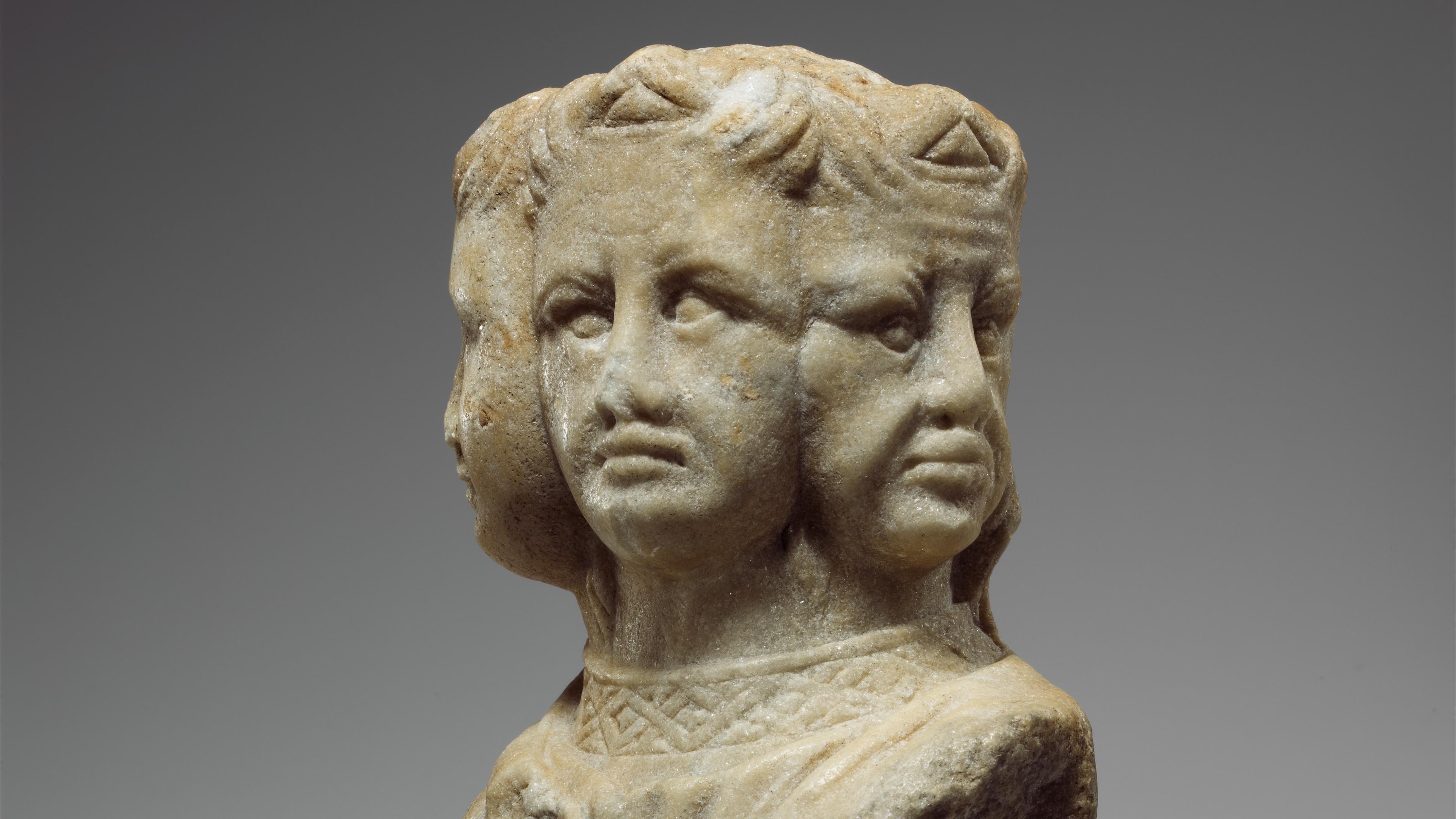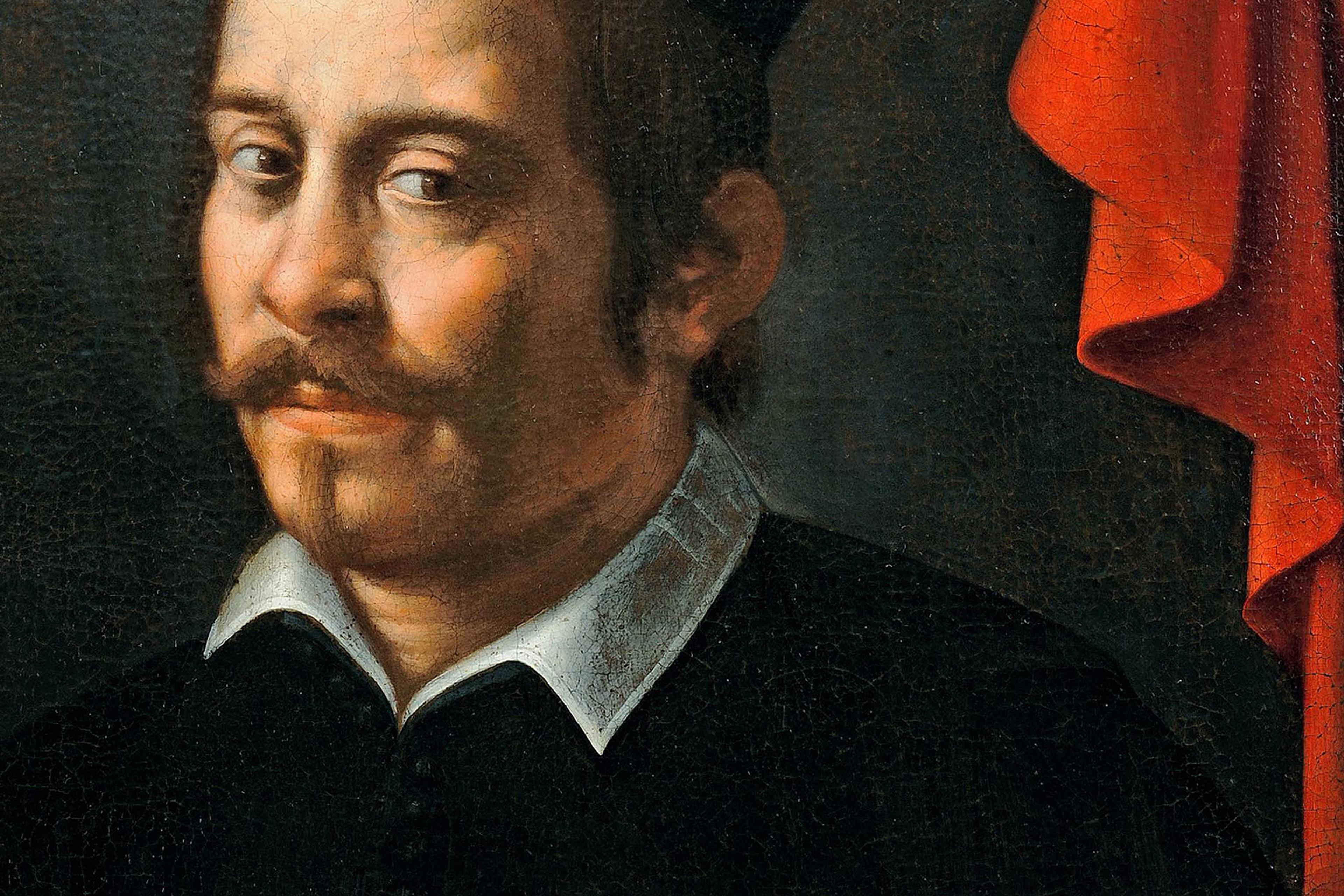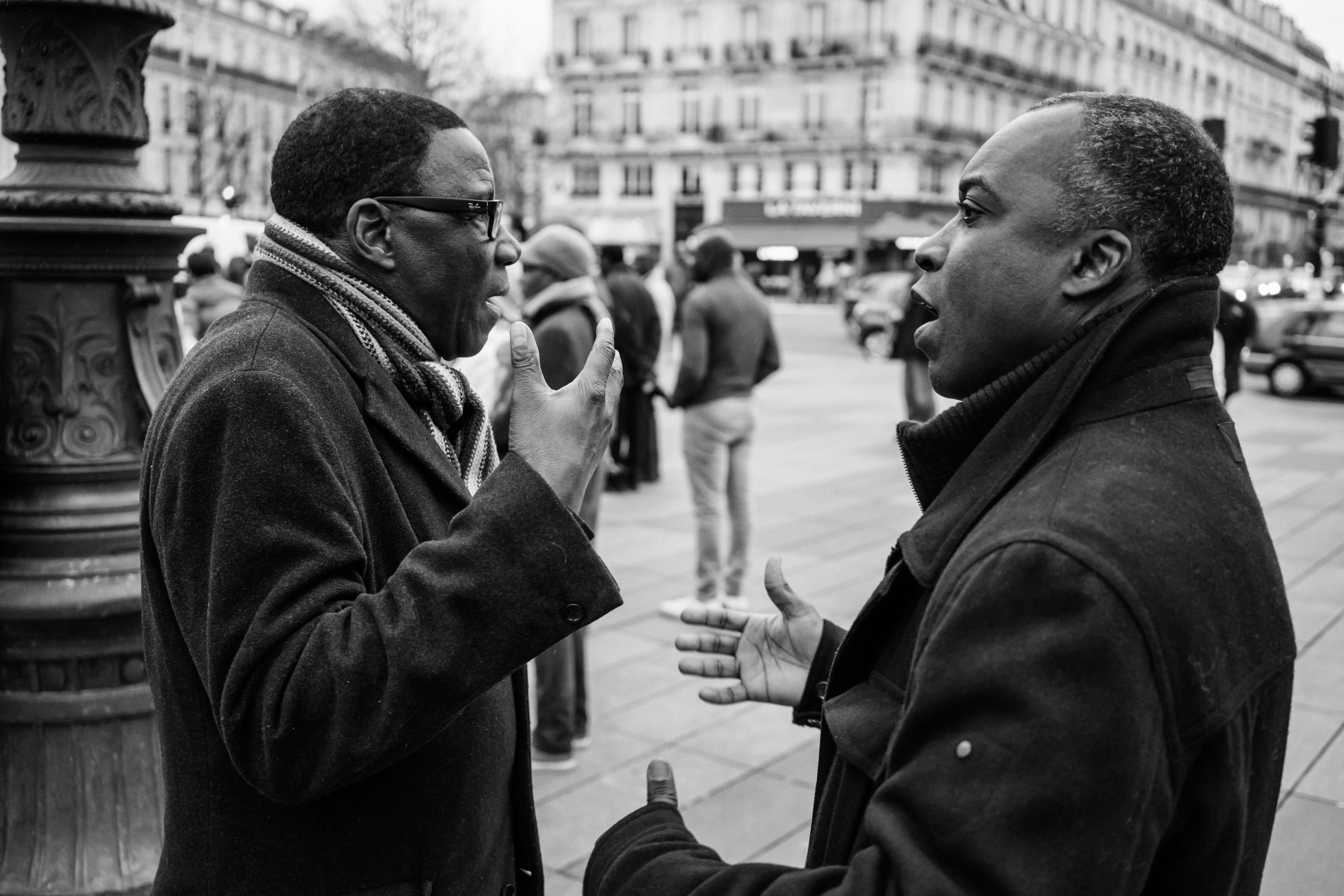In Syracuse, 2,500 years ago, there was a famous teacher of rhetoric named Corax. This new discipline was in high demand: mastery of persuasive speaking, it was hoped, led to fame and wealth. As the story goes, Corax’s most talented student was Tisias. Corax agreed to teach Tisias with the understanding that the student would pay when he won his first court case. Tisias advanced so rapidly through his lessons that Corax wanted Tisias to hand over the fees they had previously agreed he would pay. But Tisias refused to pay before winning his first case, according to their original pact. So Corax, in order to recoup his fees, took his student to court.
In the trial, Corax made an impressive case. He argued that, whether he won or lost, he should be paid the fees: if he won, he should be paid because he won, but, even if he lost, he should still be paid because Tisias had promised to pay upon winning his first case. So, either way, Corax should be paid the fees. The jury was dazzled by the argument, which somehow had made an equally compelling case in Corax’s favour even with opposite verdicts.
But the trial wasn’t over. As Sextus Empiricus recounts, when Tisias took the floor, he contradicted Corax point for point. But he did so, quite remarkably, by using ‘the same argument, altering nothing: “Whether I win,” he said, “or whether I am beaten, I am not bound to pay Corax the fee; if I win, because I have won; and if I lose, in accordance with the terms of the compact; for I promised to pay the fee if I should win my first case, but if I should lose I shall not pay.”’
The jurors were no longer delighted but flummoxed. How could they possibly reach a verdict? Corax and Tisias had presented diametrically opposed arguments that were somehow entirely equivalent to one another in both strength and plausibility. Each argument was a perfect counterweight against the other. The conflict was irresolvable, and so, Sextus recounts: ‘The judges then, thrown into a state of suspense and perplexity owing to the equipollence of the rhetorical arguments, drove them both out of the court, crying “A bad egg from a bad crow!”’ (Corax means ‘carrion crow’ in Greek).
This practice of putting two arguments in competition so that neither one can defeat the other came to be known as ‘antilogic’ in the history of ideas. Antilogic was a form of contradiction that caused a person to simultaneously believe opposite things about a single event or phenomenon, without any way out or means of resolving the contradictory views in which they had become ensnared. The Sophists of 5th-century BCE Athens were famous for this skill, which, since Plato, has been defined as an ability to ‘make the weaker argument stronger’ – that is, to make a bad argument defeat a good one. As Aristotle described Corax’s and Tisias’s arguments: ‘Both alternatives seem probable, but only one really is probable,’ and to treat them as equally so ‘is to make the weaker seem the better cause.’ Theoretically, then, there was a naturally stronger or truer position in the case but, because of antilogic, no one could discern which one it was. Things can only be either true or false, so when we can’t tell which is which, it’s likely that a worse case has been made to seem like a better one.
But there is another possible interpretation of the Sophists’ antilogic: that the point wasn’t to make a bad argument seem like a good one, but to deliberately make each position only as strong as its opposite, thus making it impossible to be entirely convinced that one position is absolutely, incontrovertibly true. So, instead of believing wholeheartedly either one thing or another – that Tisias either should or should not pay the fees – we suspend judgment.
Why suspend judgment? It helps to know that there was a scientific reason behind the Sophists’ practice of antilogic. Even though the historical Sophists have gotten a bad rap in the history of ideas, evident today in the meaning of the term ‘sophistry’ itself, they were actually scientists of a sort. The first Sophist, Protagoras, who may even have invented antilogic (we’ll never know for certain, since almost all his works were lost), understood that the physical world is in a constant state of change: forever moving, flowing and fluctuating. But this state of perpetual change defined not only the world ‘out there’ for Protagoras, it defined language as well because everything, including language, is part of the physical world.
Protagoras observed a strange paradox about language. Despite the perpetual flux and change of the physical world, language lends the mistaken impression that the world is not in flux, that it is stable. As the Presocratic philosopher Empedocles had observed only a few years before, ‘there is no birth for any mortal thing, nor any cursed end in death. But there is only mixing and interchange of what is mixed – but men name these things birth … They do not call things as they should, but I myself also subscribe to the convention.’ Nominalising a process of change, mixture and transformation by calling it ‘birth’ obscures the kinetic process of generation and decay. It applies stability to a radically unstable phenomenon. And yet, Empedocles conceded, what other option is there? It is inescapable that language creates this illusion.
If nothing could be pinned down by language, then nothing could ever truly be known about anything
The point of Protagoras’ antilogic was to provide another option, an escape from this illusion. Where fixed statements about the world imply a durability about things that are in a perpetual state of change and flux, antilogic disrupts that fixity and durability. Statements can be destabilised when they are contradicted, especially when any given contradiction can itself likewise be contradicted such that no contradiction is ever fully, permanently refuting. Language, then, could match the world through the perpetual destabilisation of antilogic.
This is summed up in two of Protagoras’ most paradoxical fragments, which, in true antilogical form, seem to contradict each other: ‘On every issue there are two arguments opposed to each other,’ and ‘contradiction is impossible.’ (These and a handful of other maxims are all that survive of Protagoras’ philosophy.) Antilogic was a way for language to properly participate in the process of ceaseless change and transformation that defines the universe without problematically trying to pin down the world to produce enduring but inevitably misleading knowledge in the form of statements.
This was precisely Socrates’ (and, by extension, Plato’s and Aristotle’s) problem with antilogic. If all things were perpetually in motion and nothing could be pinned down by language, then nothing could ever truly be known about anything. If antilogic could make a single subject be both beautiful and its opposite, moral and its opposite, just and its opposite, then antilogic placed true knowledge forever out of reach. Antilogic leads us to believe ‘an argument is true … and then a little later decide rightly or wrongly that it is false … [so] that there is nothing stable or dependable either in facts or in arguments, and that everything fluctuates just like the water in a tidal channel and never stays at any point for any time,’ as Socrates said in the Phaedo.
So how can anything about the world be known with any degree of certainty? When Plato described Protagoras’ doctrines that contradiction is both impossible and ubiquitous, he interpreted them to mean that, simultaneously, ‘no statements are false’ and ‘all statements are true.’ Aristotle followed suit. He characterised Protagoras’ doctrines as an absurd claim that ‘it is equally possible to affirm and to deny anything of anything.’ It was only by reducing antilogic to absurdity in this way that they could establish once and for all the West’s implacable will to know, captured so succinctly in the opening line of Aristotle’s Metaphysics: ‘All humans by nature desire to know.’
Following the Sophists’ defeat, antilogic, once a discipline for suspending judgment, simply went against the grain of the very idea of truth as it evolved in the West. This is why the way of thinking captured by antilogic is all but lost for us today, and why suspending judgment not only doesn’t come naturally, it goes against some of our deepest instincts – instincts that were deliberately cultivated by Western thought itself. Suspending judgment unsettles and frustrates us today just as it did the judges in Corax’s case against Tisias. Socrates, Plato, Aristotle and the rest of the Western tradition defeated antilogic because it offered an alternative concept of knowledge that made room for doubt, uncertainty and, above all, suspending rather than reaching judgment, and this meant that it occluded the path to the durable and absolute truth they so relentlessly sought.
Protagoras knew that not knowing, suspending judgment, is a technique that must be intentionally cultivated. It requires craft and a particular skillset. Using antilogic, rather than stating, positing, declaring or opining, was precisely that craft and skillset. It was meant to offer a path away from the all-too-human tendencies of clinging to only tentative and momentary opinions and calling them certain truth, and of fixating on durable, absolute knowledge that could only ever be a misfit to reality. As Plato quotes Protagoras as saying: ‘things which appear to us are what some people, who are still at a primitive stage, call “true”; my position, however, is that the one kind are better than the others, but in no way truer.’ This was not sophistry, but a discipline of not giving in to our natural appetite for certainty.
The purpose of antilogic, then, is precisely this: to unsettle a strong notion of truth precisely because such a notion is a misfit to reality. It is to loosen the stranglehold of dogmatic truth on thought and provide a ‘way out’ of the inexorable human drive to know unequivocally. The hard-won practice of not-knowing was designed as an alternative to our all-too-natural tendency to cling to false beliefs and opinions in the name of truth.








